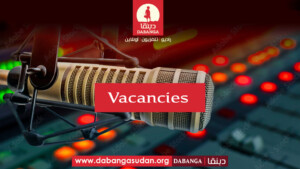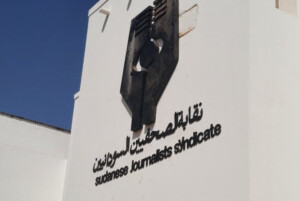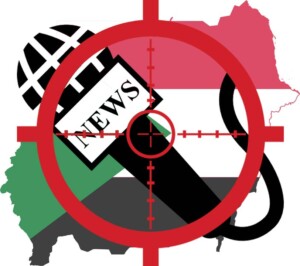World Press Freedom Day in Sudan: Still a lot of work to do
On the occasion of the official World Press Freedom Day yesterday, journalist networks called for more press freedom and made statements against the repression of journalists.
 World Press Freedom Day 2021 (UN, WPFD)
World Press Freedom Day 2021 (UN, WPFD)
On the occasion of the official World Press Freedom Day yesterday, journalist networks called for more press freedom and made statements against the repression of journalists. Sudan’s prime minister and minister of information congratulated the journalists and appreciated their efforts.
In a statement on the occasion of World Press Freedom Day, the founding committee of the Sudanese Journalists Union (SJU) criticised the fact that the National Press and Publications Council, “a repressive institution established by the defunct regime”, is still operating.
The press council still grants or does not grant licenses for newspapers, can still impose huge fines on publishing houses, and often hinders the establishment of new newspapers or restricts media outlets’ ability to ‘open up’ since the revolution.
Newspapers in Sudan still operate under the repressive 2009 law that “the former regime put in place to protect itself” and to “silence mouths and deny press freedom”, according to the SJU.
The repressive 2009 law enables strict state control over the press and journalism with licensing powers, approval powers, heavy fines, and criminal sanctions for media outlets and journalists. The SJU calls the law “an obstacle to revolutionary journalism”.
Newspapers of affiliates of the former regime can continue to operate and obtain the largest share of government advertisements, the SJU States. These newspapers are negative about the revolution and the transitional period and are not held accountable.
Journalists Association for Human Rights
The Journalists Association for Human Rights (JAHR) also issued a statement on World Press Freedom Day. It called on the Sudanese government to promise to abide by the World Press Freedom Day slogan ‘information as a public good’ “without restrictions or conditions, to fulfill all its national, regional, and international obligations and commitments, and to respect, preserve, and promote freedom of the press in Sudan”.
JAHR further urged Sudanese journalists to pay attention to the role, tasks, and responsibilities of the press in periods of political transition.
The statement called on the press community “to open the widest serious and responsible dialogue between men and women journalists and between us and the entire community” with regards to issues of freedom of press and freedom of expression, professional ethics, the role of the press in combating hate speech.
The JAHR also called on the press community to support “the agenda of transparency, democracy, freedom, peace, and justice”.
Congratulations
Sudan’s Prime Minister Abdallah Hamdok congratulated all journalists, media professionals, and bloggers on the World Press Freedom Day and said that “it is pride to us as Sudanese that we have put freedom as a base for the triangle of the slogan of the December revolution (freedom, peace, and justice)”.
He wrote on his Facebook page that there is “no room for the return of confiscations and suspensions of newspapers, nor for arbitrary arrest and prosecution of journalists without legal basis” in post-revolution Sudan.
PM Hamdok stated that Sudanese journalists have suffered extra-juridical killings, arrests, bans, confiscations, and prosecutions without any legal justification during the previous regime.
He called on all to unite rank to overcome the challenges and to achieve an “advanced position of press freedom”.
Minister of Information, Culture, and Tourism Hamza Baloul congratulated the Sudanese journalists on the occasion of World Press Freedom Day. He appreciated their efforts to “promote citizenship, spread a culture of peace, reject violence, and consolidate democracy and justice”.
The minister also said that the COVID-19 crisis has posed challenges for the press and other media “related to the ownership of information” and the fight against misleading information.
Challenges
The 2021 World Press Freedom Index, compiled by Reporters Without Borders (RSF), that journalism is completely or partly blocked in 73 per cent of the 180 countries ranked by the organisation. The RSF secretary-general called journalism ‘the best vaccine against disinformation’ and expressed his worries about the lack of press freedom during a pandemic.
Sudan still ranks 159 out of 180 countries in the world rankings of this year.
During the dictatorship of Omar Al Bashir, Sudan was one of the world’s most hostile terrains for journalists. The National Intelligence and Security Service (NISS) enforced the regime’s censorship, frequently arresting journalists and shutting down newspapers or confiscating issues.
Sudanese authorities still face criticism over their treatment of journalists and social media activists. Today, Radio Dabanga reported that a retired police officer and social media activist was detained and abused by members of the Military Intelligence (MI).











 and then
and then